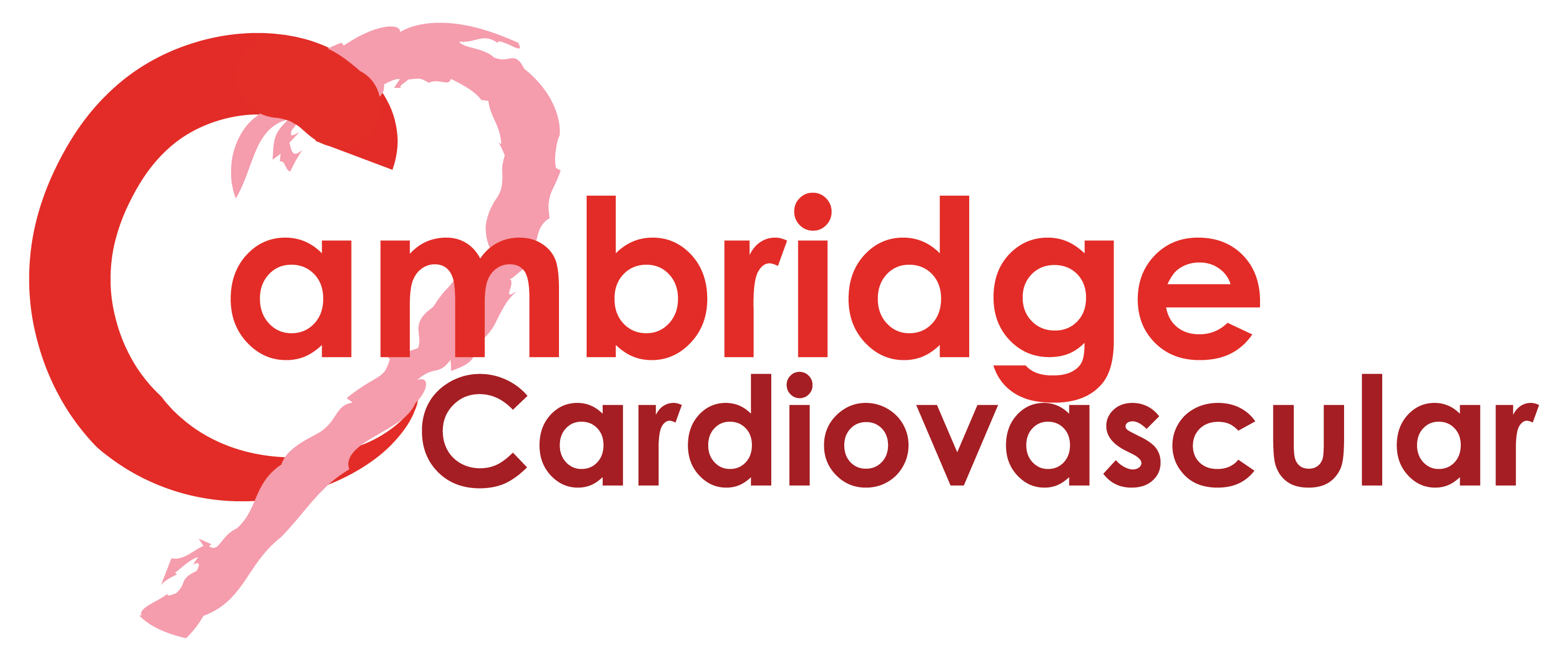Novel Approaches for Understanding & Treating Atherosclerosis.Including a dedicated Young Scientist Community Session with Dr Meritxell Nus as speaker.
-
05Sep
-
04Sep
This multidisciplinary conference brings active international leading researchers together, focusing on a range of translational and cutting-edge technologies applied to problems in the biomedical domain.
-
01Sep
The first Cambridge Biomedical Campus fun run comes to Campus.
-
22Aug
If your bike is lost or stolen and it's later found, the Police will be able to return it to you.
Many stolen bikes go unclaimed because we cannot locate the rightful owner.
No need to book, just turn up on the day with your bike and frame number (which can normally be found under the bike frame).
-
19Aug
Ways to involve the public in research (for researchers)
This online session for researchers looks at the different techniques that can be used for Patient and Public Involvement (PPI ) to help you find options that are suitable for your PPI contributors and your research project.
-
19Aug
Michael Coleman discusses dealing with the ups and downs of research life, with many insights to boost wellbeing and remain calm and rational to do our best science. Topics will include building resilience, the hidden power of humility, understanding and managing overwhelm, procrastination, multiple routes to 'success' and how to handle being 's
-
16Aug
Free evening of music, laughter and fun on the Cambridge Biomedical Campus
-
12Aug
Michael Coleman discusses dealing with the ups and downs of research life, with many insights to boost wellbeing and remain calm and rational to do our best science. Topics will include building resilience, the hidden power of humility, understanding and managing overwhelm, procrastination, multiple routes to 'success' and how to handle being 's
-
05Aug
Michael Coleman discusses dealing with the ups and downs of research life, with many insights to boost wellbeing and remain calm and rational to do our best science. Topics will include building resilience, the hidden power of humility, understanding and managing overwhelm, procrastination, multiple routes to 'success' and how to handle being 's
-
29Jul
Michael Coleman discusses dealing with the ups and downs of research life, with many insights to boost wellbeing and remain calm and rational to do our best science. Topics will include building resilience, the hidden power of humility, understanding and managing overwhelm, procrastination, multiple routes to 'success' and how to handle being 's




